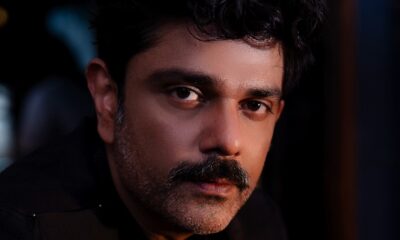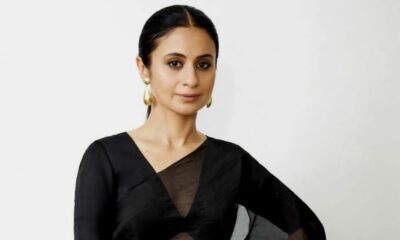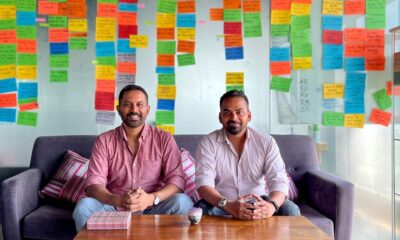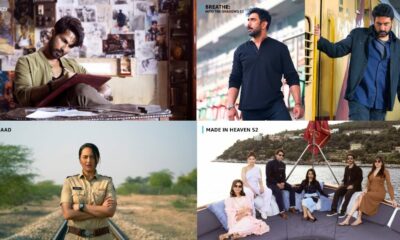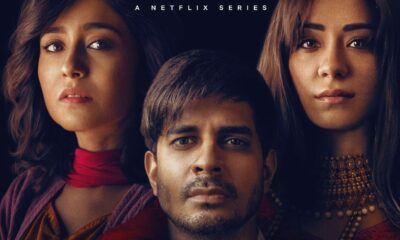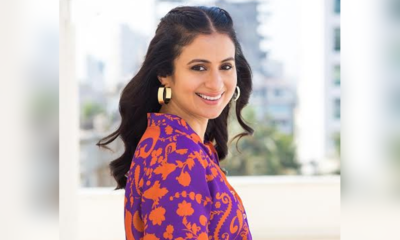Exclusive Interviews
Shweta Tripathi: I relate to characters half my age – read full interview
As Gone Kesh is about to release, Shweta Tripathi has an EXCLUSIVE heart-warming chat with CineBlitz
Published
5 years agoon
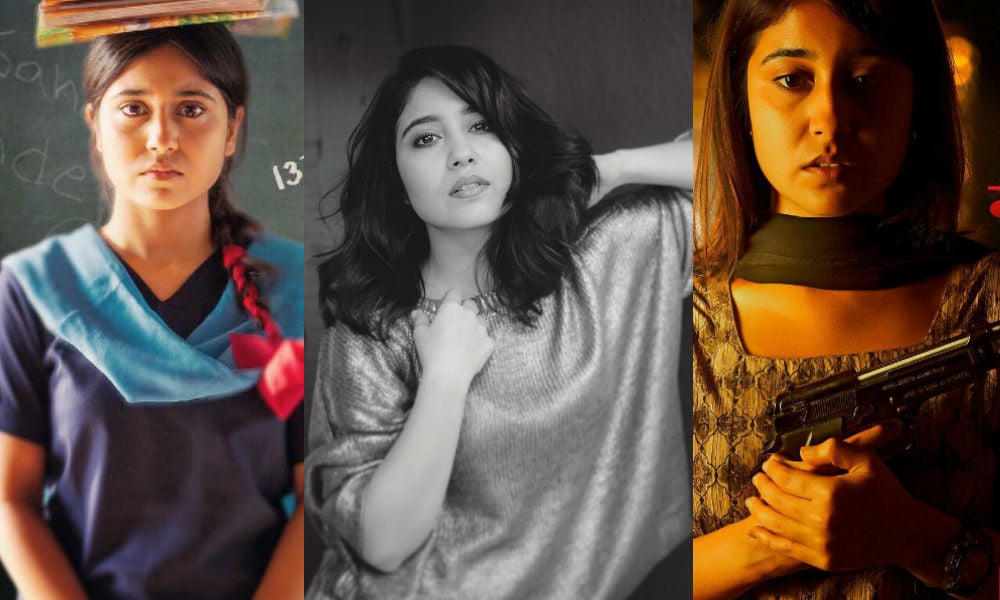
An actress who has proved the phrase that age is just a number in her own unique way, Shweta Tripathi has been acting since she was a teenager. She made her debut on the big screen with director Neeraj Ghaywan’s critically-acclaimed and heart-winning film Masaan. Her versatile characters and the ease with which she switches between urban and small-town roles have become the talk of the town. While the actress is all set to play a teenage girl yet again at the age of 33 in her next film Gone Kesh, she sat down with us and had a candid conversation about alopecia, her film choices, life after marriage and why her Instagram handle is called Battatawada. Read on…
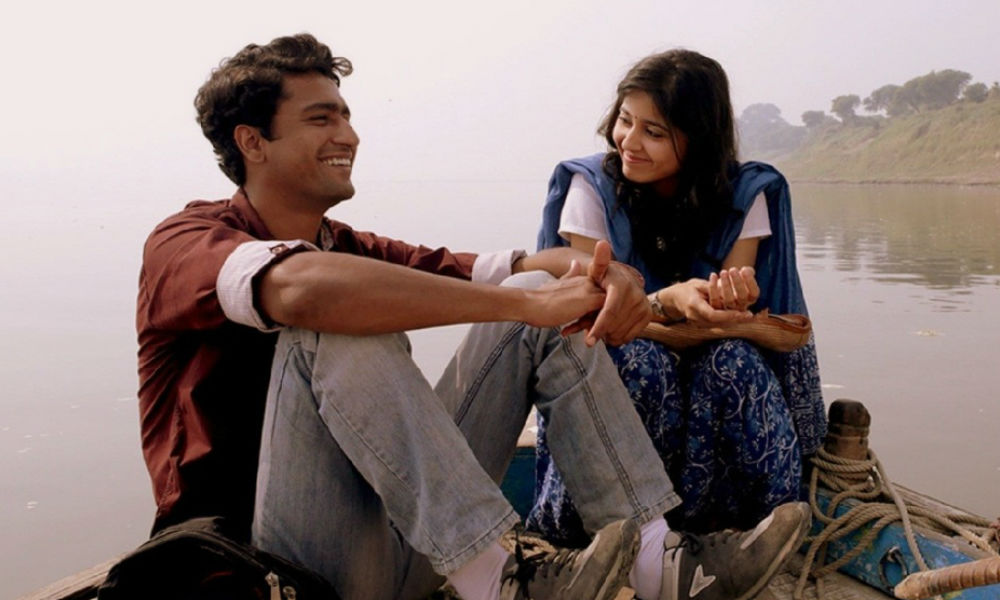
Due to your body of work and your versatile roles, people recognize you now, how do you feel about that?
I hope they do (laughs), it definitely feels very good, and it is a validation of sorts. Our profession is such that if you have achieved or made it in life, people know who you are. Now I feel very happy that people know who I am. I remember I was sitting somewhere and there was this person walking towards me. In my head, I was like please don’t ask me what I do and she came to me and said I saw your work in Mirzapur and I was like, ‘Thank God!’
Your next film Gone Kesh is about alopecia, which is not a much-discussed topic in films, how aware are you now?
I was clueless about alopecia, wasn’t even aware that this is a serious disorder. So when I read the script and met Qasim (Qasim Khallow, director of Gone Kesh), I realized that we are so self-absorbed and have slowly stopped caring about our surroundings. The feeling of ‘love thy neighbour’ is missing and our phones have taken over our lives. Till there is something life-threatening, we don’t take it seriously, but we miss out on the fact that it psychologically and physically affects you. It affects how you see yourself, it isn’t easy. Societal pressure is a thing and sadly, people look for moments to pull you down and make fun of you. Even in the film, her classmates call her head a ‘Brown Island.’ Such things really affect your soul. And then I got to know there are so many people around me who have alopecia and I never knew about it, which made me feel horrible about how insensitive we have become. But thankfully, the tone of the film is very light-hearted. There is bonding and relationships, dreams and hope, and that’s what really attracted me to this project.
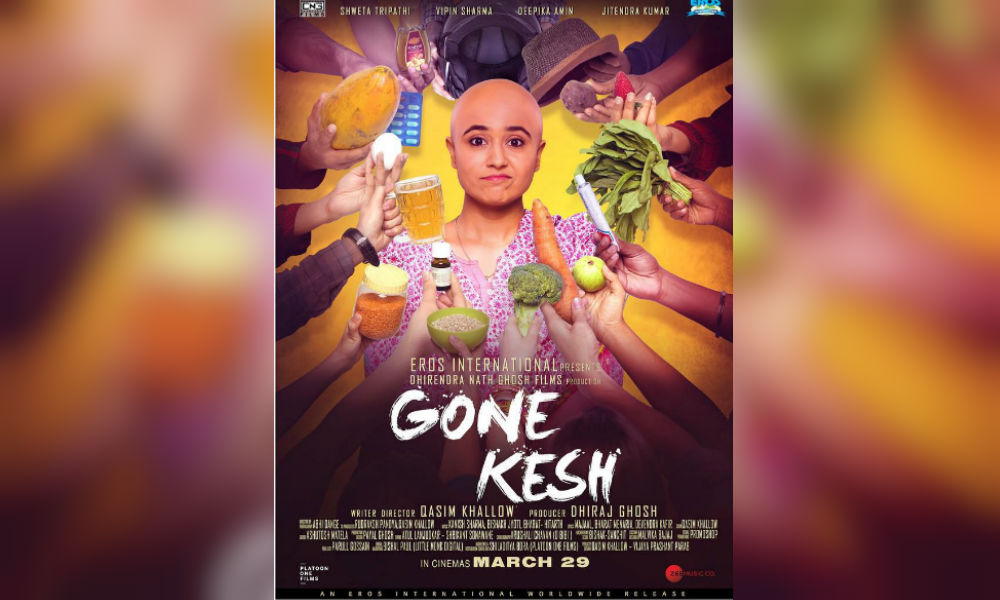
Who was your reference point or an inspiration?
I follow some people who have alopecia and it’s not easy. I used to send their stories to Qasim and it’s not easy. This girl who inspired me a lot tries different wigs in various colours, but what I realized was that even without them she looks stunning. So when people ask me about my look in Gone Kesh, I am happy with the way I look, and I don’t see that as any less, just because I don’t have hair.
Being bald is still one of the prominent taboos in our country. What’s your take on this after playing this role in Gone Kesh?
First of all, I want to understand how these taboos help. As a society, we are so obsessed with complexion, colour and thick long hair. All of these are genetics; if you are blessed with good genes you have those features. If someone isn’t much blessed, you can’t punish them. It is not under our control. A disorder like alopecia is not under our control. Let’s stop comparing and become the best in our professions or as a person rather than nourishing these taboos. Indirectly, you end up paying money to the MNCs and ads.
After having played a teenager in Haramkhor, two years down the line, at the age of 33, you’re all set to play a teenager again. How’s that?
I think I relate to characters that are half my age. It’s just so much fun and I think it’s a boon if your screen age is lesser. You have those many years to catch up and play different characters. I enjoy playing these young characters because age is just a number in your mind. I have never lied about my age or about my relationship status. After marriage, my work has doubled, so I literally get energy from all these characters.
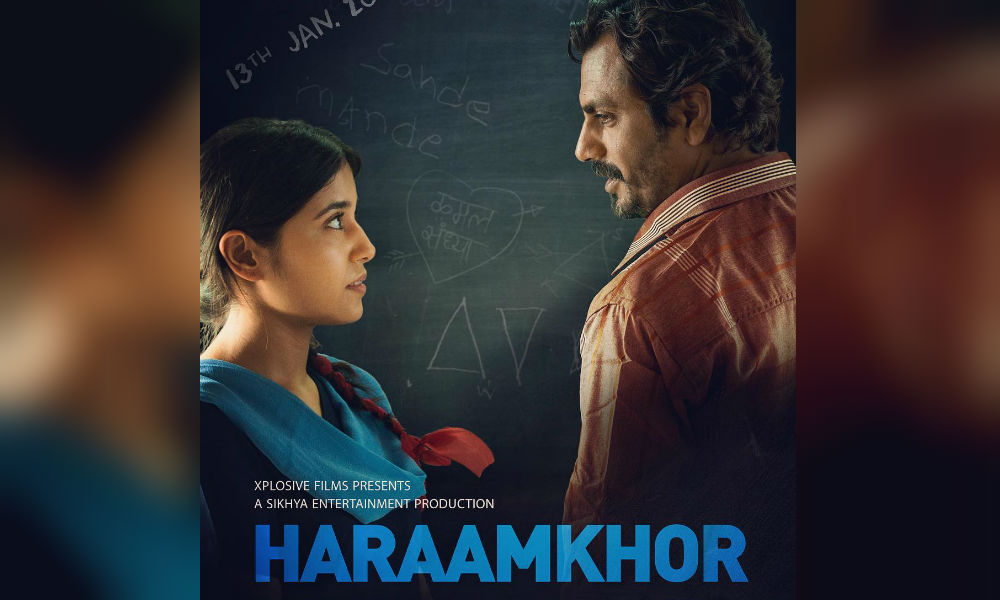
How much have things changed after marriage?
It has changed a lot, but for good. It has become better. Instead of one family, now I have two supportive families. They give me what I need and that is really great. Things like the age of an actress or her not being able to work much after marriage might happen, as priorities are different, but then you can make the change.
How do you switch between being an urban girl and a small-town girl so effortlessly?
Once you get a hold of the character, about what drives it, how it talks and how it looks, once you crack these things, it becomes easy. But if you ask me, I find it simpler to play a small-town girl because that is not me. I have been born and bought up in Delhi and have been in Mumbai for over a decade. So, I enjoy playing characters that are not me. I always choose characters which are as different from me as possible.
You were a part of the recently released successful show, Made In Heaven. What do you think about the amazing response it’s received?
First of all, I wasn’t expecting such an amazing response for myself, I had told this to our director Nitya as well. In my mind, I was just doing a guest appearance in this amazing show. But the response I received for that episode left me shocked. I was very happy. Firstly, that is the most dolled up I have ever been on screen. Or else I am always without makeup. My first reaction to the trailer was, “Wow, that’s me!”
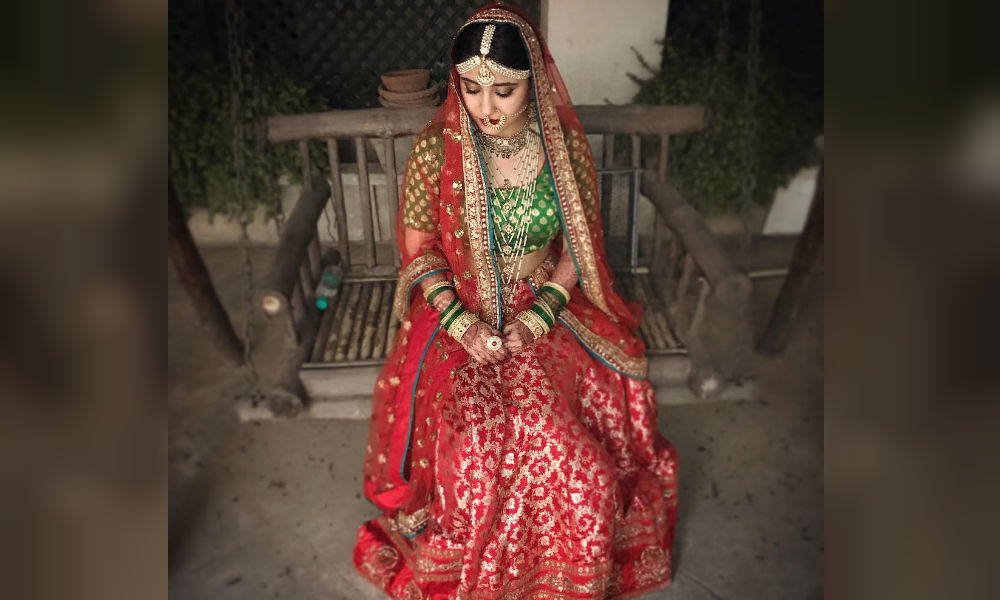
What do you think about the digital evolution?
It is amazing. It is a superb time to be a writer, director or an actor right now because there are various platforms available. So, there are more chances and platforms to showcase your talent.
What do you prefer more, big screens or digital platforms?
The big screen is a fascination. I have been working on both the platforms, but of late, I was on a break from the big screen. I saw Vicky Kaushal in URI and realized that the big screen has its different touch. But I am glad that I have maintained a balance between both.
What is the story behind your Instagram name Battatawada?
Shweta is a very common North Indian name. When I was attending theatre workshops, I met a fellow actor whose ID was dalfry.com. That’s when I thought if dalfry can be an ID, why not Battatawada. And I love the way it sounds, happy and fun. After Masaan, many advised me to change it and I almost changed it. But then I stopped and thought, just because I am an actress now, doesn’t change who I am as a person. I am Battatawada, deal with it. Now that has become my name, people don’t remember Shweta but Battatawada!

Does social media validation bother you?
There are days when it definitely bothers more, especially with regards to work. But otherwise, I have come to terms with it. You can’t bang your head, because your peace of mind is the most important thing. If it’s good, then good, if not, be it. I don’t kill myself over it.
What are your future projects?
Laakhon Mein Ek season 2 is happening which is my favourite project. Then there’s my Tamil debut with the movie Mehandi Circus and we will be shooting for Mirzapur season 2 in May.
You may like


Amit Sial: “I badly wanted to break away from the kind of antagonist roles that were being offered to me”


Rasika Dugal’s Mirzapur Story: How a Small Town Encounter Shaped her Character of Beena Tripathi


4 show runners who left an impact with their OTT shows


Amazon Prime Video Bets Big on India; Announces its Biggest Content Slate of Series, Movies and Co-productions across Genres and Languages


In ‘Yeh Kaali Kaali Ankhein’, Director Sidharth Sengupta Spins a Tale of Love, Power and Deceit


Rasika Dugal to Anupriya Goenka to Shweta Tripathi – 5 Stylish Girls on OTT who’ve changed the game

